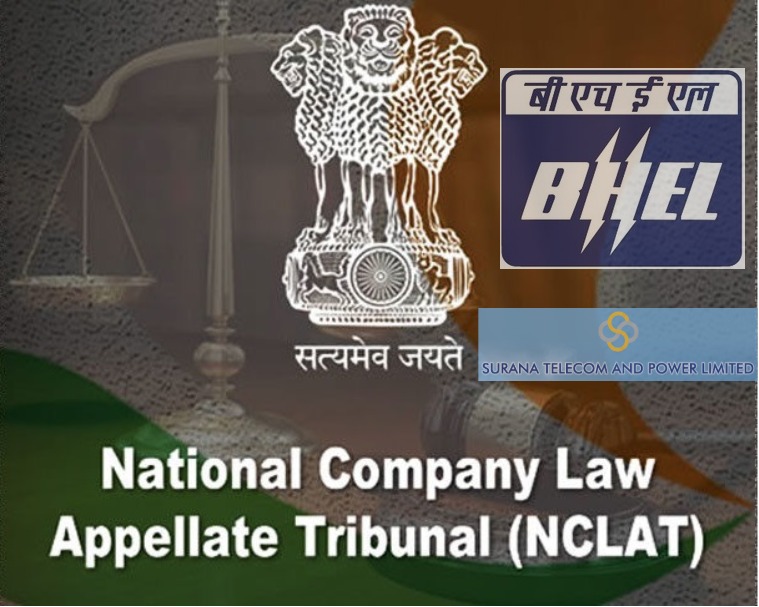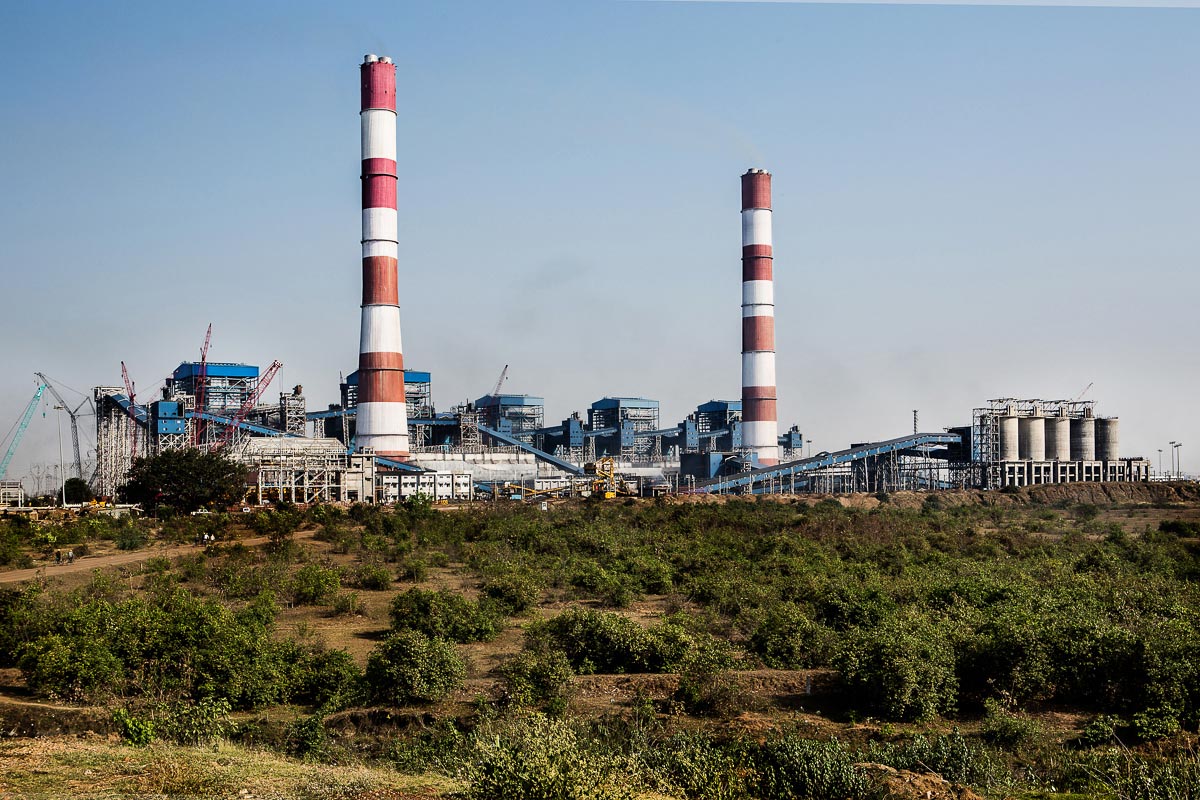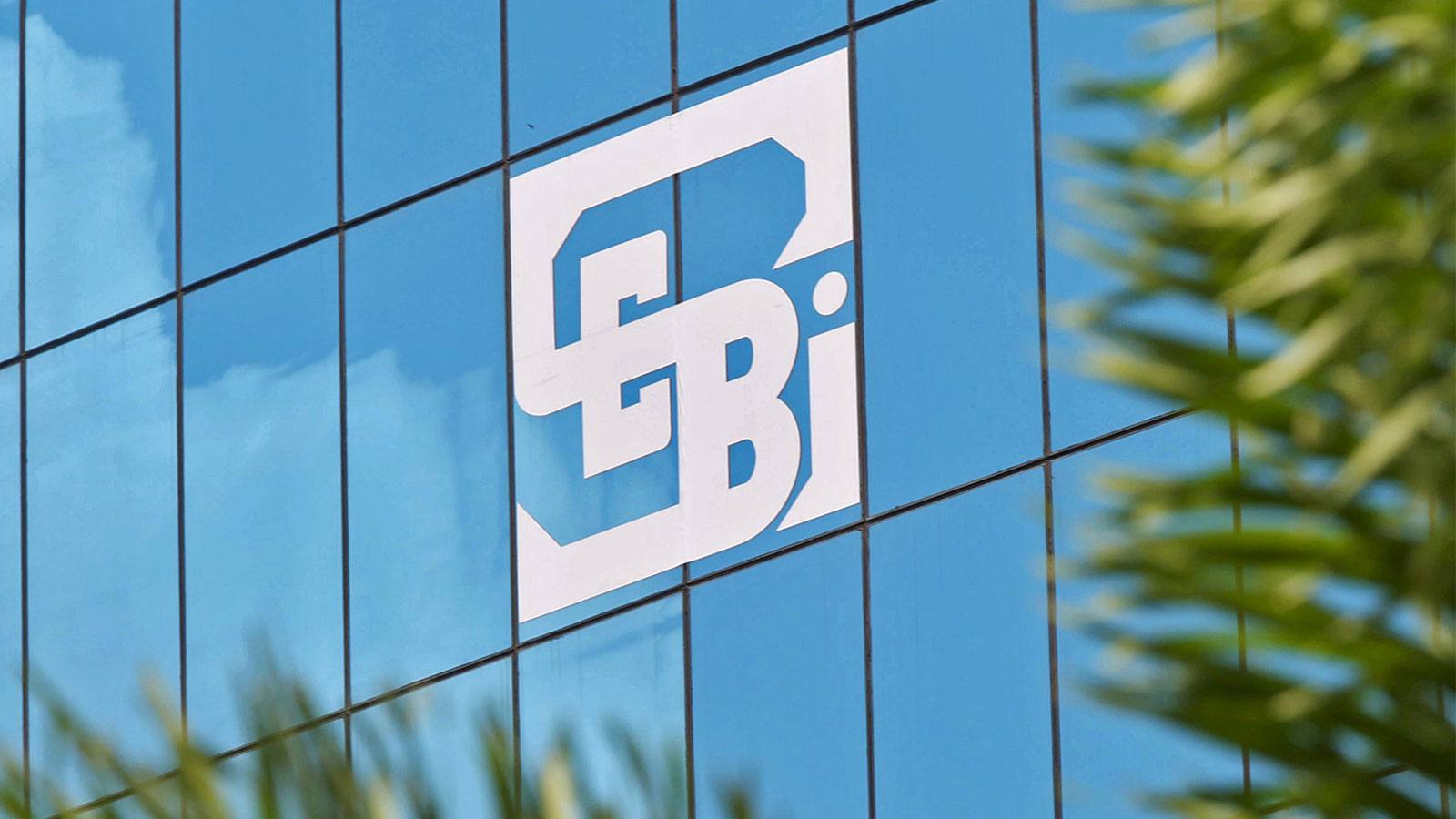Canada’s Agrium Inc (AGU.TO) will woo reluctant shareholders next week in Toronto to support its proposed merger with Potash Corp of Saskatchewan Inc (POT.TO), and seek to appease concerns that it has little to gain by marrying its fertilizer rival.
The $26-billion, all-stock merger would combine Potash’s crop nutrient production capacity, the world’s largest, with Agrium’s farm retail network, North America’s biggest.
It represents a major shift for Agrium Chief Executive Chuck Magro, who at its annual meeting in May sounded neutral at best on potash, said John Goldsmith, vice-president of Montrusco Bolton Investments, a top 20 Agrium investor.
“Something must have happened to make him bet the farm on the potash commodity,” Goldsmith said, adding that he is concerned the new company would be too linked to the slumping commodity. On Monday, Magro said potash will be “a terrific business longer term.”
Montrusco would need a compelling new rationale from Agrium for it to vote for the deal, Goldsmith said.
Shareholders, including Montrusco, plan to meet with Agrium on Tuesday in Toronto. Agrium shareholders generally dislike the deal, while Potash investors are pleased, Scotiabank analyst Ben Isaacson said in a note on Tuesday.
Agrium stock fell 6 percent in Toronto from the deal announcement on Monday, to Wednesday, before recovering ground on Thursday.
The deal, scheduled to close in mid-2017, would give Potash investors 52 percent of the new company and requires two-thirds approval from shareholders of each company.
Agrium and Potash said in a joint statement on Thursday that they were “very pleased with the overwhelming support” from many of their biggest shareholders.
The crop nutrient potash, which has fallen this year to decade lows on oversupply and tumbling crop prices, is worth 10 percent of Agrium’s EBITDA on average, but would account for 35 percent of the merged company’s earnings before interest, taxes, depreciation and amortization.
Agrium’s farm retail business, currently worth 48 percent of EBITDA, would account for just 19 percent of the new company, a level that dismays shareholders like Michael Sprung.
“We really liked the balance between retail (and) wholesale,” said Sprung, president of Sprung Investment Management, of Agrium’s existing business.
He said he is considering whether to vote against the merger or sell his shares over concerns about prospects for potash.
“We’re not sure that the net benefit is there for Agrium,” he said.
Cidel Asset Management, also meeting with Agrium on Tuesday, is concerned about dilution of the retail business and that Potash investors would benefit from a higher dividend, said portfolio manager Robert Spafford.
To be sure, creating a crop nutrient champion with almost triple the enterprise value of the next biggest fertilizer company, appeals to some.
“Agrium gets the benefit of scale. In a fiercely competitive environment that gives them an advantage,” said Mohsin Bashir, portfolio manager at Stone Asset Management, another Agrium investor. “They’re getting a larger network when the price for potash is rock bottom.”
If either Agrium or Potash was to terminates the deal, the company backing out of the merger would pay a hefty $485 million breakup fee.
The penalty may discourage another suitor for Agrium, as would protectionist Canadian sentiment. In 2010, Ottawa blocked a foreign takeover approach for Potash Corp.
(Reporting by Rod Nickel; Editing by Andrew Hay).
Recent Articles on M&A
Source: Reuters.com




